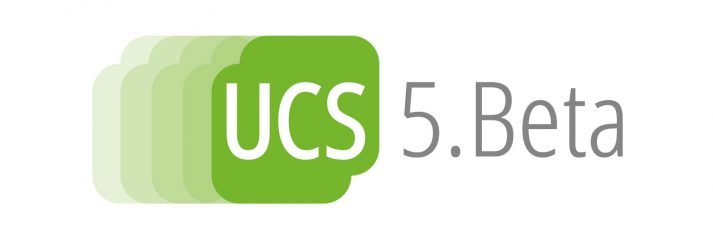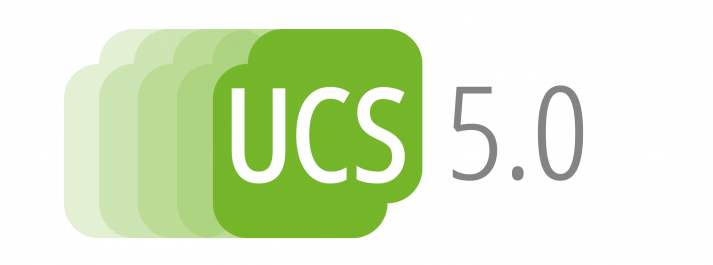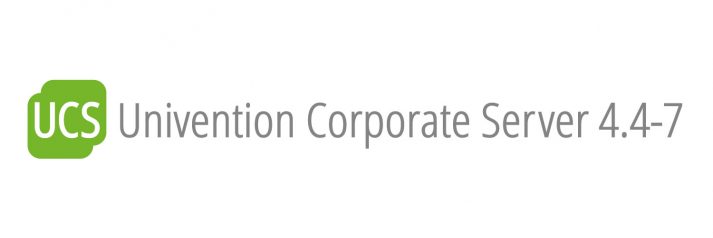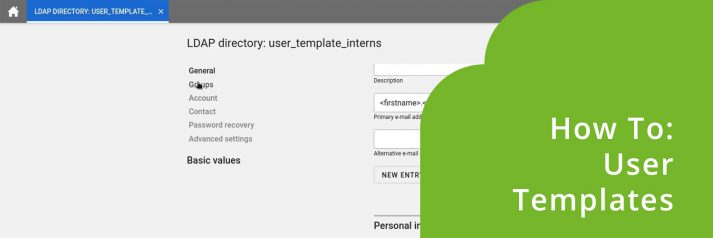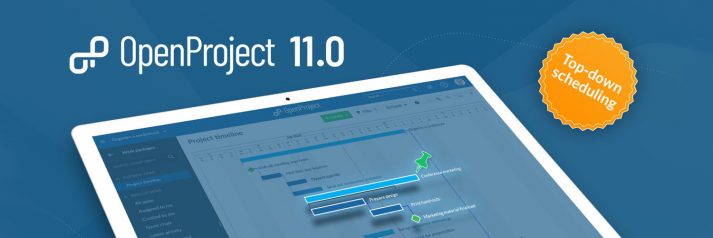UCS 5.0 – Focus instead of feature overkill
UCS 4.4-7: Seventh Point Release of UCS 4.4
LDAP replication: ensuring fail-safe performance and reasonable load distribution
It is well-known among IT staff members: the administration tasks (for multiple applications and depending access rights) which apply even with a small amount of users can prove to be very time-consuming. With possible changes of responsibilities or the joining of new staff members, chances are high that uncontrolled growth arises quickly within the IT infrastructure. And not only does this procedure take a lot of time, but it also endangers the security of your system after a while. A common consequence: the administration of users and their access rights becomes a nuisance and tends to get neglected. If not taken on in due time, this problem grows in parallel with the company and will, eventually, cause quite a bit of trouble. To get back in charge as soon as possible, it is recommended to establish a centralized user management in the shape of an Identity Management System.
Quite often, the so-called LDAP directory service (which we have also integrated in UCS) is the core of the identity management system. Meaning „Lightweight Directory Access Protocol“, it rather describes „only“ the protocol itself, even though users tend to adress „the LDAP“, while in fact talking about the LDAP directory service.
Robust, extendable, scalable and user friendly: techrepublic.com looks into UCS
Jack Wallen, editor of techrepublic, has taken the time to look into Univention Corporate Server and its usability for small businesses. Without going into too much detail, he provides the reader with a great overview of the UCS functions and its general setup process.
ONLYOFFICE Docs: brand new name and big updates for spreadsheets
ONLYOFFICE is a collaborative office suite for working with text documents, spreadsheets and presentations in UCS. It is combined with Nextcloud, ownCloud, or Seafile and installed from Univention App Center casually (Docker-based) or as a pre-configured virtual appliance. You can also integrate it in UCS LDAP to manage all users.
In this article I’d like to tell you about the latest major update that brings a new name for ONLYOFFICE online editors as well as long-awaited features for spreadsheets.
Farewell to “Master” and “Slave”: new names for system roles in UCS 5.0
In December we will open the beta release of UCS 5.0 to the public. For users who have been using UCS for a longer period of time, the renaming of the system roles in particular will bring a significant change, which will be visible in the beta release. In addition to the removal of known terms of discrimination (“master” and “slave”), we would like to use new names in order to reflect the central functionality of our new system in the respective names. In the following, I will introduce the new naming for the system roles and explain the goals we are pursuing with it.
Film Tutorial: How to Use User Templates in UCS
OpenProject 11.0: New features of the Community- and Enterprise version
Version 11.0 of the open source project management software OpenProject includes many new features that improve both classic and agile project management.
UCS 5.0 status update: Beta Release in December 2020
Almost exactly one year has passed since the announcement that we are working on UCS 5.0. Since then, we have been very busy and made some important steps towards making UCS a future-proof platform. In December 2020, we intend to make the first results publicly available in a Beta Release. In this article, I would like to give you a first taste of the exciting new features that UCS 5.0 will bring.
